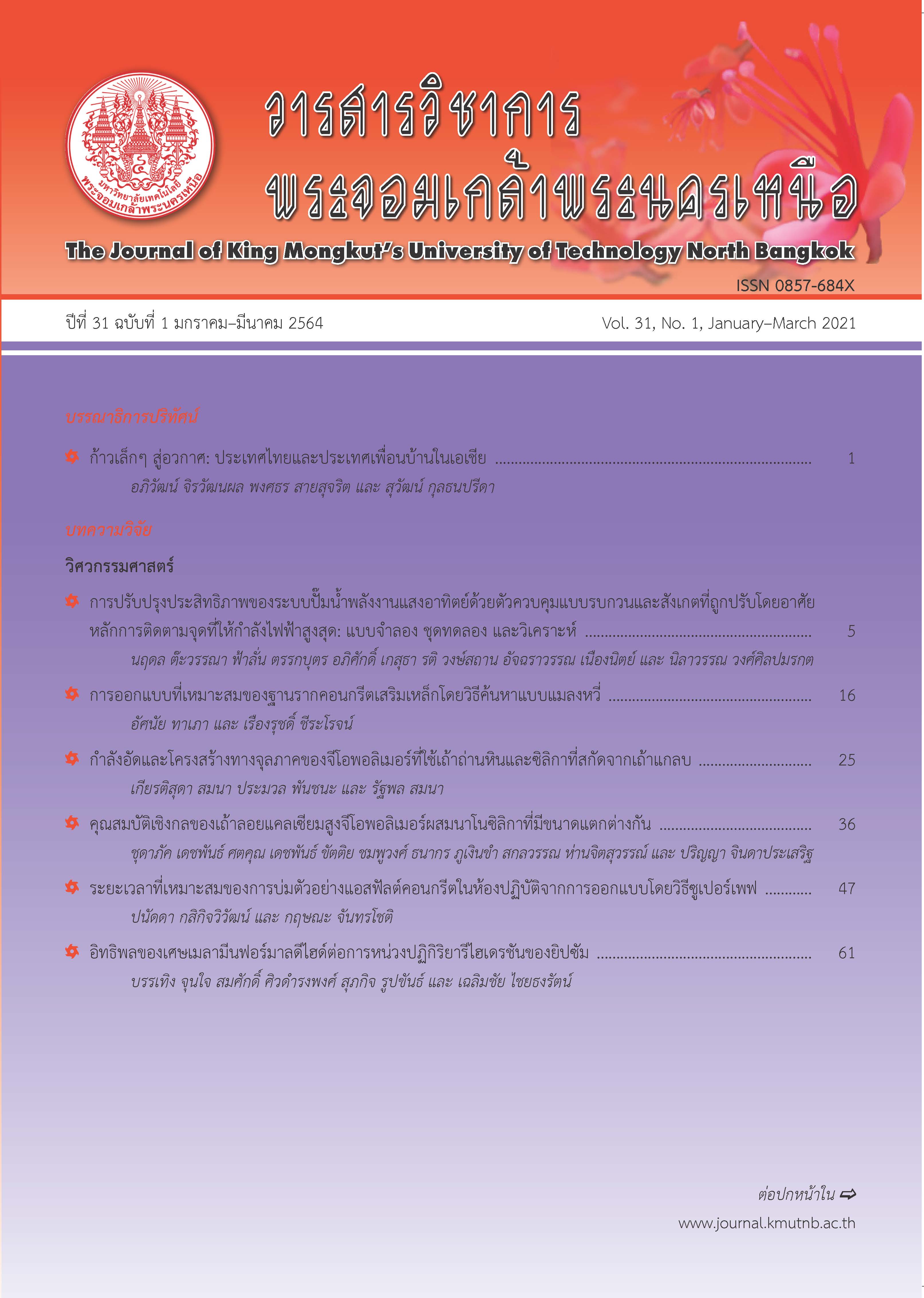Development of Industrial Waste Management Model towards Social Enterprises for Community
Main Article Content
Abstract
The objectives of this research were 1) to analyze important components of the industrial waste management towards social enterprises for community. 2) to develop an industrial waste management model towards social enterprises for community 3) to establish a guideline for industrial waste management towards social enterprises for community manual. The research was a mixed method of qualitative and quantitative approaches. The data providers in the qualitative research were 1) the group of experts for in-depth interviews, including experts in government, industrial managers related to the non-hazardous industrial waste management, 2) the group of experts in the focus group discussion to verify the model and the guideline manual of the industrial waste management model towards social enterprises for community manual. The data were analyzed by using content analysis. The participants in the quantitative research were government personnel of the Ministry of Industry and factory executives. The instrument for quantitative method was a questionnaire, and the data were analyzed by using the statistical frequency, average, standard deviation and exploratory factor analysis. The results of the research showed that the important components of the industrial waste management model towards social enterprise for community consisted of 7 components, 15 sub-components. 1) Creating a business community consisting of Business planning, Community potential, Technology Social Responsibility, Cooperative networking and Marketing channels; 2) Community enterprises consisting of Participative business plans, Community leaders and Environment; 3) Tripartite relations consisting of value-added mechanisms; 4) Privilege include, Social enterprise laws and Value proposition; 5) Community accessibility consisting of commitment to community 6) Knowledge management consists of culture and wisdom; and 7) Sustainable development, consisting of strategies, The guideline manual for industrial waste management towards social enterprises for community composed of 2 parts with 7 units. The model and the manual were verified by the experts with consensus agreement for its appropriateness in application at 98.65%.
Article Details
The articles published are the opinion of the author only. The author is responsible for any legal consequences. That may arise from that article.
References
[2] W. Ketsing, A Guide to Research. Bangkok: Charoenpol publishing house, 2000 (in Thai).
[3] A. Osterwalder and Y. Pigneur. (2010). Business Model Generation. (10 th ed.). [Online]. Available: https://profesores.virtual.uniandes.edu.co/~isis1404/dokuwiki/lib/exe/fetch.php?media=bibliografia:9_business_model_generation.pdf
[4] S. Techaatik, “Community learning process and knowledge management for community organization,” Digital Research Information Center. Bangkok, Thailand, 2002 (in Thai).
[5] D. Wiboonsakchai, “A development of a model for research collaboration between university and industry,” Ph.D. dissertation, Division of Higher Education, Srinakharinwirot University, 2012 (in Thai).
[6] W. Martyna. “Analyzing the success of social enterprises-critical success factors perspective,” in Proceedings Active Citizenship by Knowledge Management & Innovation, Zardar, Croatia, 2013, pp. 593–605.
[7] S. Siriphattrasophon, “A conceptual study of social enterprise development in Thailand,” Journal of the Association of Researchers, vol. 20, no. 2, pp. 30–47, 2015.
[8] R. Sangkhasuk, K. Naklungka, W. Ekphon, and W. Surasawadee, “Development of E-commerce channel among community enterprises network,” Phranakhon Rajabhat Research Journal (Humanities and Social Sciences), vol. 12, no. 1, pp. 38-49, 2017 (in Thai).
[9] J. Juyjingam, “A synthesis of knowledge management model of social enterprise an empirical study in Thailand context,” Ph.D. dissertation, Program in Management Graduate School, Silpakorn University, 2014 (in Thai).
[10] J. Juyjingam, “A synthesis of knowledge management model of social enterprise an empirical study in Thailand context,” Ph.D. dissertation, Program in Management Graduate School, Silpakorn University, 2014 (in Thai).
[11] N. Christine and D. Carranza, “Networks for social enterprise: Applying a systems perspective to case studies in Latin America,” International Journal of Business and Social Research (IJBSR), vol. 2, no. 6, pp. 1–17, 2012.
[12] R. Gajanandana, Circular Economy. Bangkok: The Secretariat of the House of Representatives, 2019 (in Thai).
[13] W. Rojanawongse and O. Khongmalai, “Supporting methods for social enterprise in Thailand,” Suan Dusit Graduate School Academic Journal, vol. 14 no. 1, 2018 (in Thai).
[14] O. Kasorn. (2018, December) “Promoting the community economy and the laws that should be known, part1,” [Online]. Available: http://202.28.109.66/journalfiles/mcu59_2_04.pdfhtml

